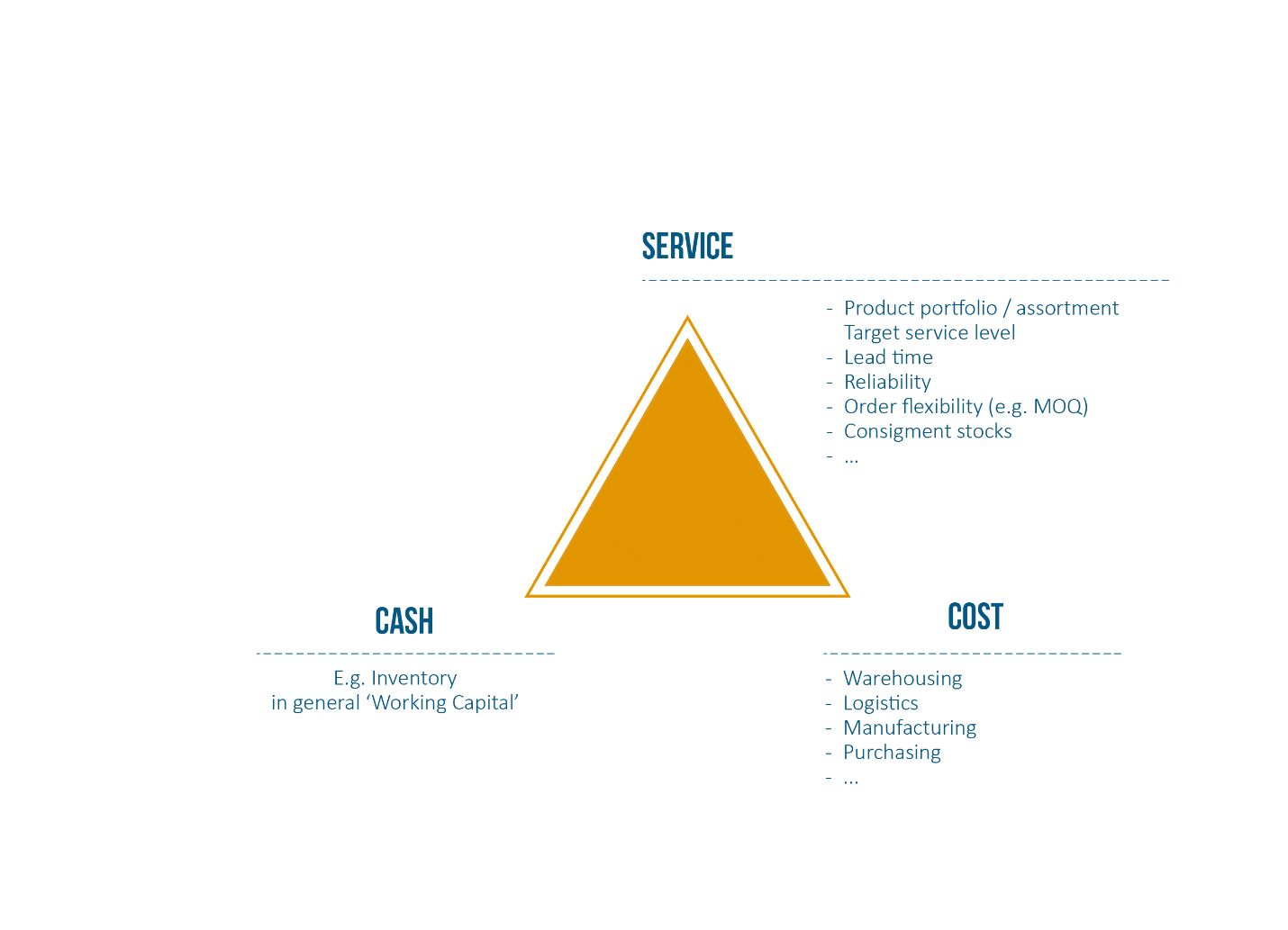My experience in Europe is the first bet on the future is choosing your bachelor and master, typically around the age of 18. In Belgium particularly, education is good and inexpensive. Tuition for 1 year of university will now be around 1.000€ ($1,114). As Belgium is small, many students easily commute from the mom and pap hotel, by train to the university. So next to tuition, the cost of living can be easily controlled as well. It’s not the cost which is the limitation, it’s the imagination. How to know what you want to be later in life, if all options are open.
Advice 1: Start with a scientific master, anything from engineering to mathematics will do.
The future will be data and model driven. If you want to be future proof, start with a good basic master in science. You will need a lot of soft skills in your professional life, but in my experience, it’s easier to learn the soft skills as you grow older than to keep up with the hard skills.
Advice 2: Life-long learning starts with learning a first discipline.
The first master is just the beginning. Get your first experience. Could be in consulting, could be in a company, any type of function is good. Try to train yourself in the function you’re in. Whether it’s sales, finance, production, IT, … read through and experience the best practice models. Aim to be a functional expert. At the same time, be open minded, try to learn about the broader business context.
Advice 3: Step-up the ladder or move-on.
Be ambitious. After a couple of years you either move up the ladder or you move on. Additional management training like an MBA may be helpful in developing your aspirations. Ensure the fun factor is high enough. You’ll develop what you enjoy, you enjoy what you develop. Whether you switched discipline or continue the first. Keep challenging yourself or move on.
Advice 4: Ensure sufficient air to breathe, a career is a marathon.
As you grow more experienced and take more responsibility, pressure keeps rising. Be aware your career is a marathon. You should keep air to breathe. Show results by excellent execution. Keep some space and an eye on the future.
Advice 5: End-up in the right discipline, think supply chain.
In previous blog Balancing Cash, Cost and Service: The Supply Chain Triangle I talked about the supply chain triangle. Today’s challenge is about balancing service, cost and cash.
Companies have always been concerned about service, as a driver for top-line, and about cost, as a driver for bottom-line. Since the financial crisis, cash has closed the triangle and increased the pressure. As an investor I’m not concerned with EBIT as such, I’m concerned with the EBIT you generate per invested $. That’s what the Return on Capital Employed (ROCE) is measuring. That’s what the triangle is about. Improve service and cost, but not at the expense of inventory.
This new reality has brought supply chain to the center stage of the executive leadership team. There’s only 2 functions that really span the triangle. The first is the CEO. The second is the VP of Supply Chain. The CFO is a close third, but in too many companies, finance has a backward and accounting focus and lacks understanding of sales and operations to play a leading role in balancing that supply chain triangle.
Gone are the days the CEO was the former VP of Sales, the former VP of Operations, the former CFO. Boosting company performance is about defining good strategies and translating the strategies into the right trade-offs in the supply chain triangle. As a VP in Supply Chain you know the heartbeat at the crossings of Sales, Operations, R&D, or Finance. Develop your strategy skills and you will be fit for the job, more than any of your colleagues, who will be more biased and risk underperforming on 1 of the dimensions and a lack of orchestration across the executive team.
Let me hear your thoughts! Would be grateful to get your feedback on bram_desmet@solventure.eu!







